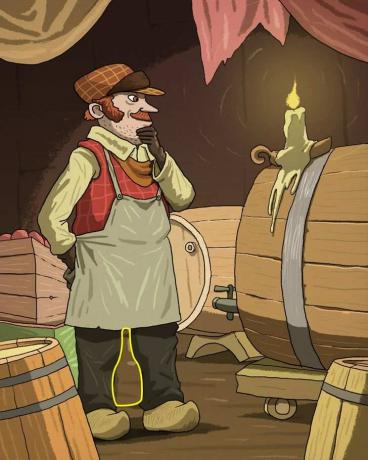Conceived as a solution to the excesses and political centralization of the imperial government, the creation of a republican government in Brazil it was seen as a political solution that would grant the Brazilian people participation in the political debates of the nation. Thus, the Proclamation of the Republic, in 1889, would be the promise of a new page in the history of our country.
However, during this new modality of government, we noticed the consolidation of a series of political practices that would in no way solve the problems of social, political and economic exclusion in Brazil. Soon after the military's participation in power, in 1893, the country's economic elites took it upon themselves to maintain the privileges of those who had always enjoyed them.
Armed with a series of mechanisms provided for by law and the opulence of their economic power, the coffee barons and colonels kept the less favored under the tutelage of their private interests. Among other mechanisms, the halter vote, clientelist practices and the Coffee-with-milk Policy were exclusionary measures that would aggravate the already delicate socio-economic situation in Brazil.
Excluded, but not insensitive to this situation, the less favored classes mobilized in revolts that accounted for the people's dissatisfaction against the excesses of the time. During this period, the Vaccine Revolt (1904), the Chibata Revolt (1910), the Canudos War (1893 – 1897) and the Contestado War (1912 – 1916) were some of the conflicts that complained against this historically constituted situation throughout the Republic Oligarchic.
By Rainer Sousa
Graduated in History
Source: Brazil School - https://brasilescola.uol.com.br/historiab/republica-oligarquica-revoltas-populares.htm

